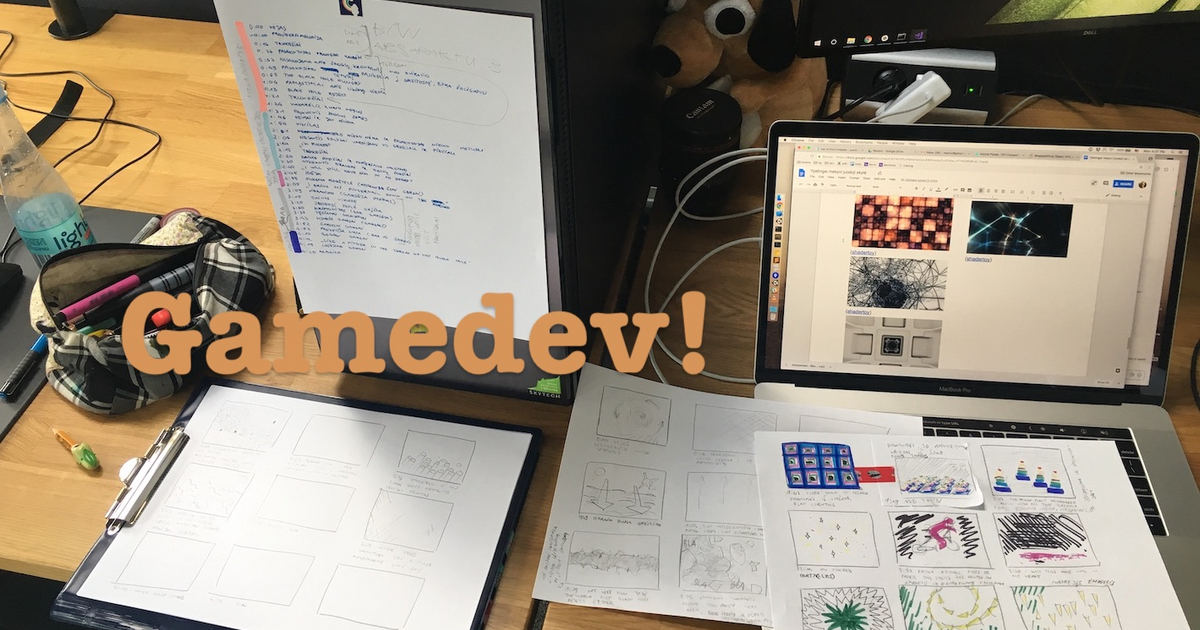Moved instance, so time for a new #introduction!
I'm Alex and I have a PDA problem.
In 2018, after 16 years of using various #Psion portables, I decided to try my hand at developing hardware and software for my beloved Series 3c to help me with journalling and creative writing.
6 years and repeated sidequests later, I've ended up doing a lot of research into the SIBO/EPOC16 platform, and done my best to document it when I can. I've also nudged former developers into open sourcing their old Psion apps.
My current main projects are:
- #PsiDrive, an #RP2040-based USB drive for SIBO SSDs.
- Rewriting the Psion SIBO (16-bit 8086) C SDK, including updating the docs (with #AsciiDoc) and rewriting the original DOS tools as FOSS apps. I'm currently using #FreePascal to create a drop-in replacement for #CTRAN, the Psion OO C preprocessor. (I want to eventually write a new compiler targeting EPOC16. Eventually.)
- Anything else that tickles my bouncy brain.
Outside of #retrocomputing, I'm your common-or-garden British nerd. I'm a Linux user - mostly Arch, but I dabble with others. I also like a bit of #HaikuOS and I'm planning on giving #FreeBSD a go very soon.
I used to be a senior computer monkey, specialising in on-prem SME infrastructure (I lament the loss of vSphere). Now I train others to become computer monkeys (for better or worse). As a result, sometimes you'll see me wrestling with old Cisco ASAs, Ubiquiti APs, or modded kit running #OpenWrt.
Generally, I like making things do stuff, especially if it's stuff that the thing wasn't originally designed to do.
it's related but would be a different focus since I won't push #orgdown that much - people can be happier with other LMLs as well as long as it's not the #MD hell. (Sneak preview: I'm writing a long article on all the MD issues in order to explain it once and for all since the Mastodon discussions are really annoying to me.)



